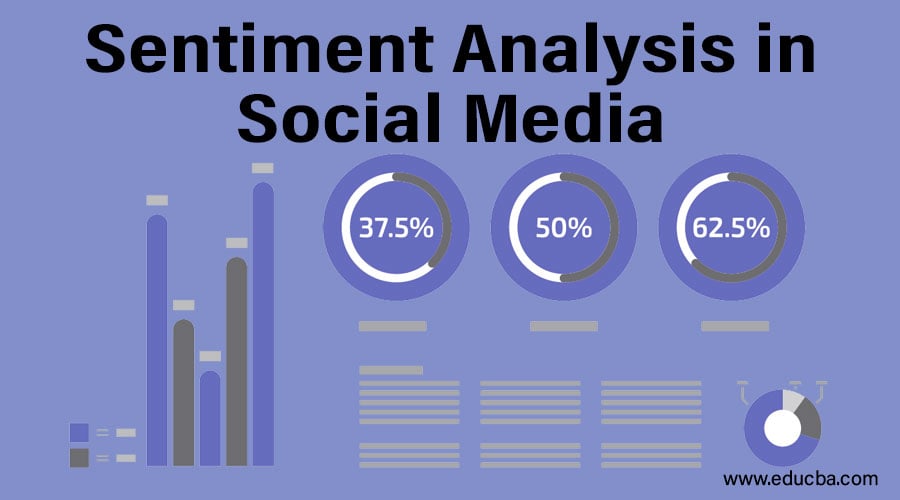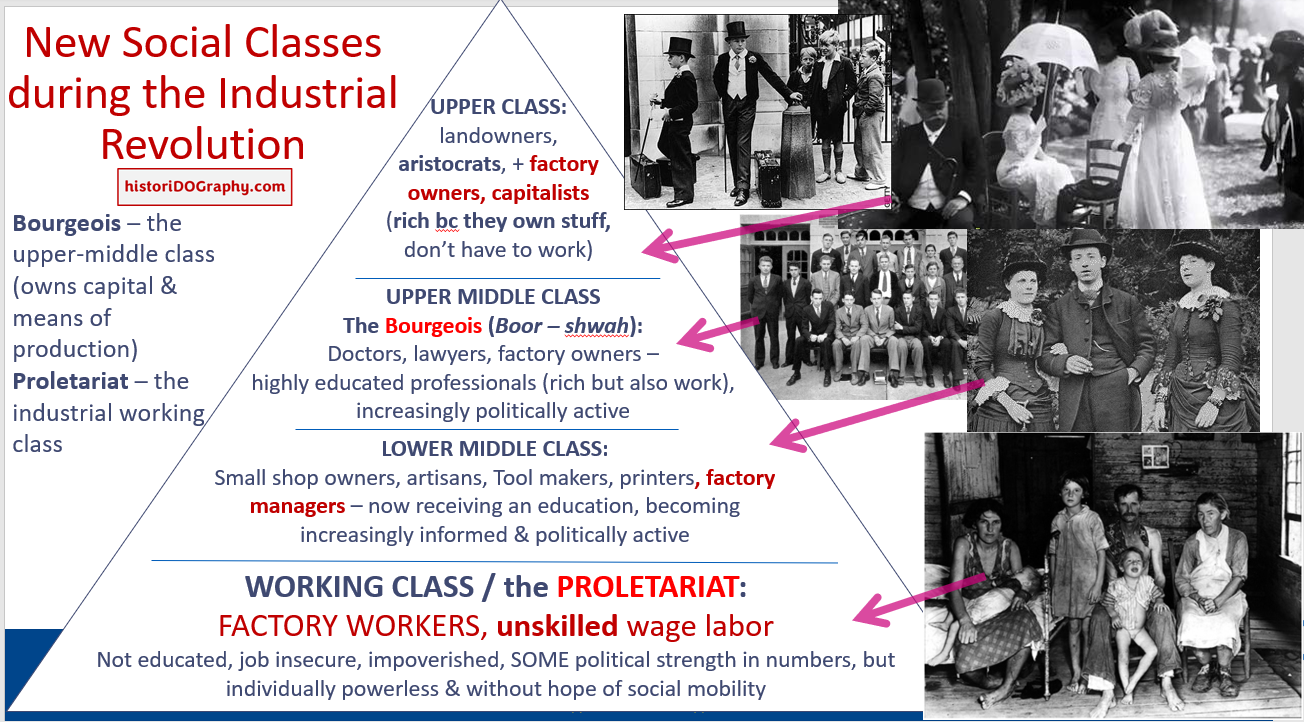Social Media Sentiment And Economic Forecasting: A New Tool For Recession Prediction

Table of Contents
The Power of Big Data in Economic Prediction
Traditional economic indicators like GDP growth, unemployment rates, and consumer price indices, while crucial, often lag behind actual economic shifts. They provide a rearview mirror perspective, offering valuable information after an economic downturn has begun. This lag time limits their effectiveness in preventing or mitigating the impact of a recession. Big data, and particularly the vast reservoir of information contained within social media, offers a powerful complement to these traditional methods.
- Traditional indicators often lag behind economic shifts. By the time these indicators signal trouble, the economy may already be in a significant downturn.
- Social media provides real-time insights into consumer confidence and economic anxieties. The sheer volume of posts, tweets, and comments offers a continuous stream of data reflecting public sentiment.
- Big data analysis can identify patterns and trends invisible to traditional methods. Sophisticated algorithms can detect subtle shifts in sentiment and correlate them with broader economic trends.
Measuring Social Media Sentiment for Economic Insights
Gauging economic sentiment from social media requires sophisticated methodologies. Natural Language Processing (NLP) and sentiment analysis algorithms are employed to analyze massive datasets of social media text. These tools go beyond simple keyword searches; they assess the tone and emotion expressed in posts, providing a nuanced understanding of public perception.
- Tracking keywords related to economic anxiety: Algorithms monitor keywords like "job loss," "inflation," "recession," "financial crisis," and "layoffs," analyzing their frequency and context.
- Analyzing the tone and emotion expressed in social media posts: Sentiment analysis algorithms determine whether the overall sentiment expressed is positive, negative, or neutral. This allows for a more granular understanding of public feeling towards the economy.
- Using sentiment scores to create an index of public economic sentiment: Aggregating sentiment scores from various sources creates an index that can be compared to traditional economic indicators to provide a more holistic view of the economy's health.
Challenges and Limitations of Social Media Sentiment Analysis
While promising, social media sentiment analysis isn't without its limitations. The data itself is subject to biases.
- Demographic biases: Social media users don't represent the entire population, potentially skewing sentiment readings.
- Echo chambers: The tendency for individuals to interact primarily with like-minded people can amplify certain sentiments and create an inaccurate representation of overall public opinion.
- Data cleaning and validation: The raw data is often noisy and requires careful cleaning and validation to ensure accuracy. Removing spam, bots, and irrelevant information is crucial. Combining social media data with traditional economic indicators for a more robust prediction model mitigates these risks. Using multiple data sources provides a more comprehensive and balanced view.
Case Studies: Successful Applications of Social Media Sentiment Analysis in Economic Forecasting
Several studies have demonstrated the potential of social media sentiment analysis in predicting economic downturns.
- Example 1: A study published in the Journal of Economic Dynamics and Control found a strong correlation between negative social media sentiment and subsequent declines in consumer spending.
- Example 2: Companies like Nielsen and Brandwatch utilize social media listening tools to track consumer sentiment, informing their marketing and business strategies, allowing for proactive adjustments during periods of economic uncertainty.
- Example 3: Central banks and governmental agencies are increasingly experimenting with alternative data sources, including social media, to inform their economic policy decisions and monitor public perception of economic measures.
The Future of Social Media Sentiment and Economic Forecasting
The field of social media sentiment and economic forecasting is rapidly evolving.
- Advancements in natural language processing and machine learning: Improved algorithms will offer greater accuracy and nuance in sentiment analysis.
- Integration of social media data with other big data sources: Combining social media data with credit card transactions, search engine queries, and other data sources will paint a richer picture of economic activity.
- Development of more sophisticated predictive models: The development of hybrid models that incorporate both traditional and social media data will improve prediction accuracy.
Conclusion
The integration of social media sentiment and economic forecasting holds immense potential for improving the accuracy and timeliness of recession prediction. By leveraging the power of big data, we can create more accurate predictive models and mitigate the devastating impact of future recessions. While challenges remain, the continued development and refinement of these methodologies are crucial. Further research in this crucial area is essential to unlock the full potential of social media sentiment in economic forecasting and to create a more resilient and informed economic future.

Featured Posts
-
 Met Gala 2025 Red Carpet Trends And Clever Competition
May 06, 2025
Met Gala 2025 Red Carpet Trends And Clever Competition
May 06, 2025 -
 Kim Kardashian In Balenciaga Analyzing Her Snl 50 Performance Outfit
May 06, 2025
Kim Kardashian In Balenciaga Analyzing Her Snl 50 Performance Outfit
May 06, 2025 -
 Nail Length Extremes What Beauty School Teaches
May 06, 2025
Nail Length Extremes What Beauty School Teaches
May 06, 2025 -
 Family Dynamics And Narcissism Miley Cyrus Story
May 06, 2025
Family Dynamics And Narcissism Miley Cyrus Story
May 06, 2025 -
 Mindy Kalings Shows A Deep Dive Into Fascinating Female Characters
May 06, 2025
Mindy Kalings Shows A Deep Dive Into Fascinating Female Characters
May 06, 2025
